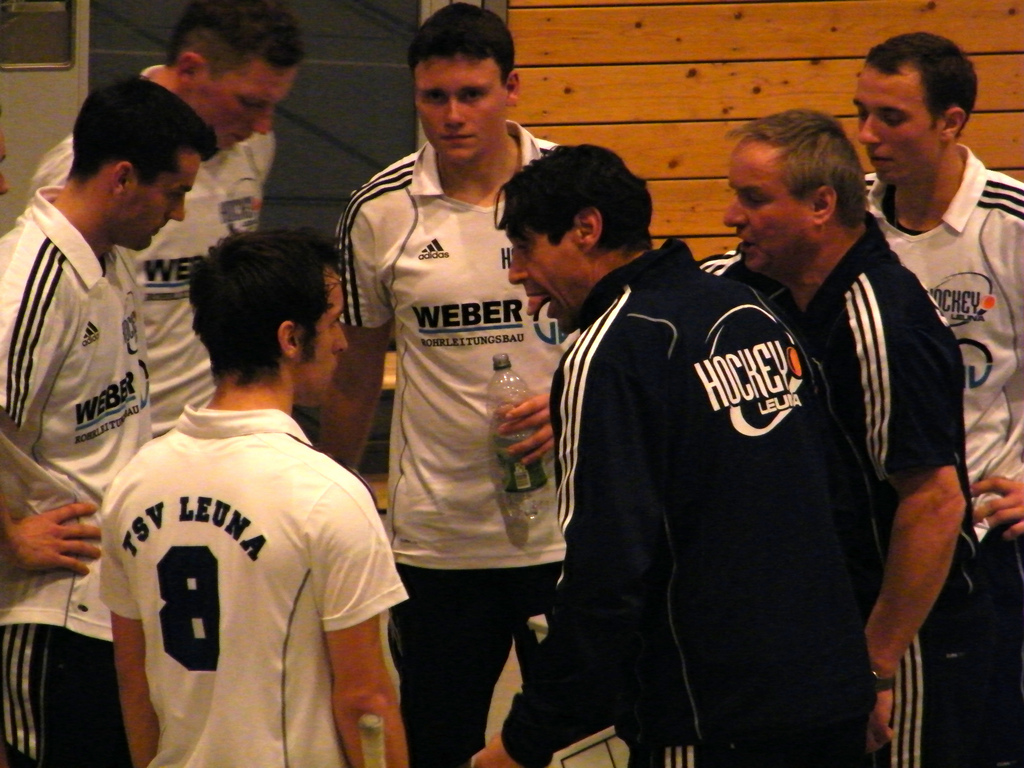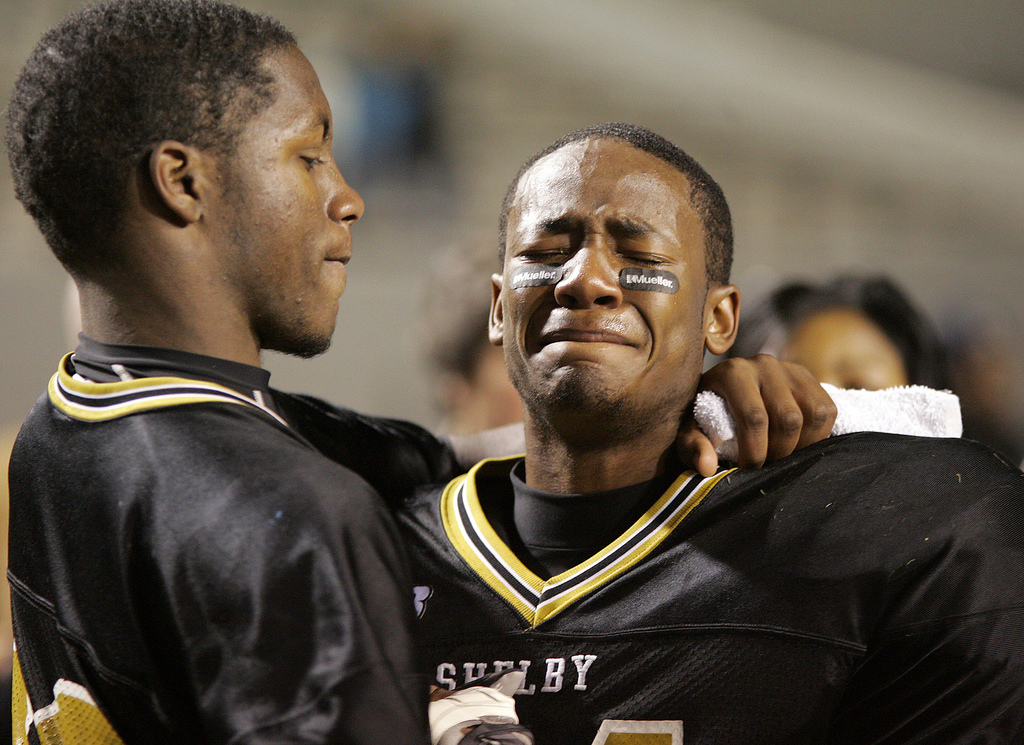
Mental Health Initiatives for Athletes Still Few and Far Between
Canadian NHL teams’—including the Toronto Maple Leafs—third annual Hockey Talks was a month-long initiative to discuss mental health issues and treatment. Athletes and mental health professionals gathered to discuss the stigma and stereotypes associated with mental illness and disability.
One stereotype pertains to professional athletes themselves. The suicide of Toronto-born OHL player Terry Trafford and the suicides of other players in the NHL, as well as retired NHL goaltender Clint Malaschuk’s recovery after his battle with depression, posttraumatic stress disorder, and alcoholism, show that even professional athletes are not immune to mental illness.
Research by Lynette Hughes and Gerard Leavey at the Northern Ireland Association of Mental Health in Belfast, UK, shows that athletes may be more vulnerable to developing mental illness than the general population. Results from their studies show that increased risk stems from pressure to perform, and from the variability in healthcare and diagnostic standards between sports psychologists, who are routinely employed by professional sports federations to work with players. But sports psychologists often target only those issues that will improve athletic performance, not overall mental health.

Alan Goldberg, a sport psychology consultant for the University of Connecticut (UConn), says that athletes often work with professionals to overcome problems on the field. Based on his work with the Huskies Hockey program at UConn, Goldberg thinks that players often have trouble communicating with teammates, controlling their temper, or motivating themselves to exercise. They can become anxious or lose focus during competitions, which may lead them to choke at key times.
Big teams can fall prey to these issues as well. The Toronto Maple Leafs’ former coach, Ron Wilson, accused hockey-forward Phil Kessel of being emotionally and physically inconsistent, crippling his performance and hurting his relationships with teammates.
According to Goldberg, sport psychologists focus on helping players enhance performance, cope with pressures of competition, recover from injuries, and keep up exercise routines. But players are more than the sport that they play.
Media scrutiny of players’ behavior, strain on personal relationships from frequent travel, public criticism of their performance, and intensive training regimes can all take a toll on physical and mental health. The problem is, these issues are rarely addressed by sports psychologists.

Treating depression, anxiety, and substance abuse, which are the most common mental illnesses among hockey players, is not in the job description of sport psychologists or exercise professionals hired to work with athletes. Instead, the focus of both athletes and support staff, is on winning. According to Goldberg:
“The overall goal of the sport psychology professional is to enhance the player’s game on the ice. To make them a better teammate and a better performer who can win games and championships.”
And the work schedules of professional athletes—including travel and time away from home—make it hard for them to seek out psychotherapy with psychologists outside the team. As a result, they are left with no access to care.
The mental health programs that do exist, such as the NHL’s Substance Abuse and Behavioural Health Program which help players cope with the use of performance-enhancing drugs, still focus more on the sport than on athletes’ lives. Yet newer initiatives like Hockey Talks have shown more promise.
Giving fans, players, and coaches a chance to voice their thoughts on all forms of mental illness and remove the stigma of professional athletes experiencing mental health problems can be exactly the push professional sports associations need to start providing athletes with the care they require.
Only by realizing that athletes have lives and cares outside of their professional sports can we begin to address mental health needs holistically.
-Veerpal Bambrah, Contributing Writer
Photo Credits:
Feature: Charis Tsevis on Flickr
First: Groundhopping Merseburg on Flickr
Second: Brittany Randolph on Flickr



